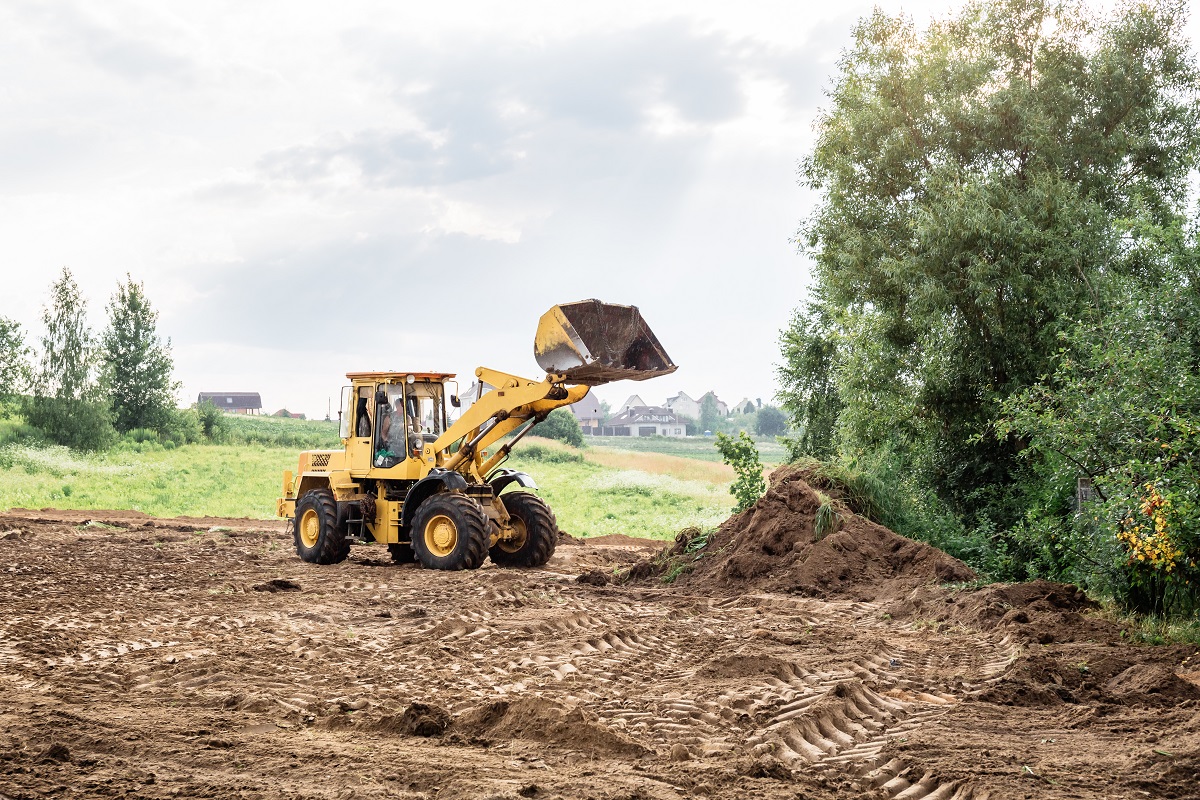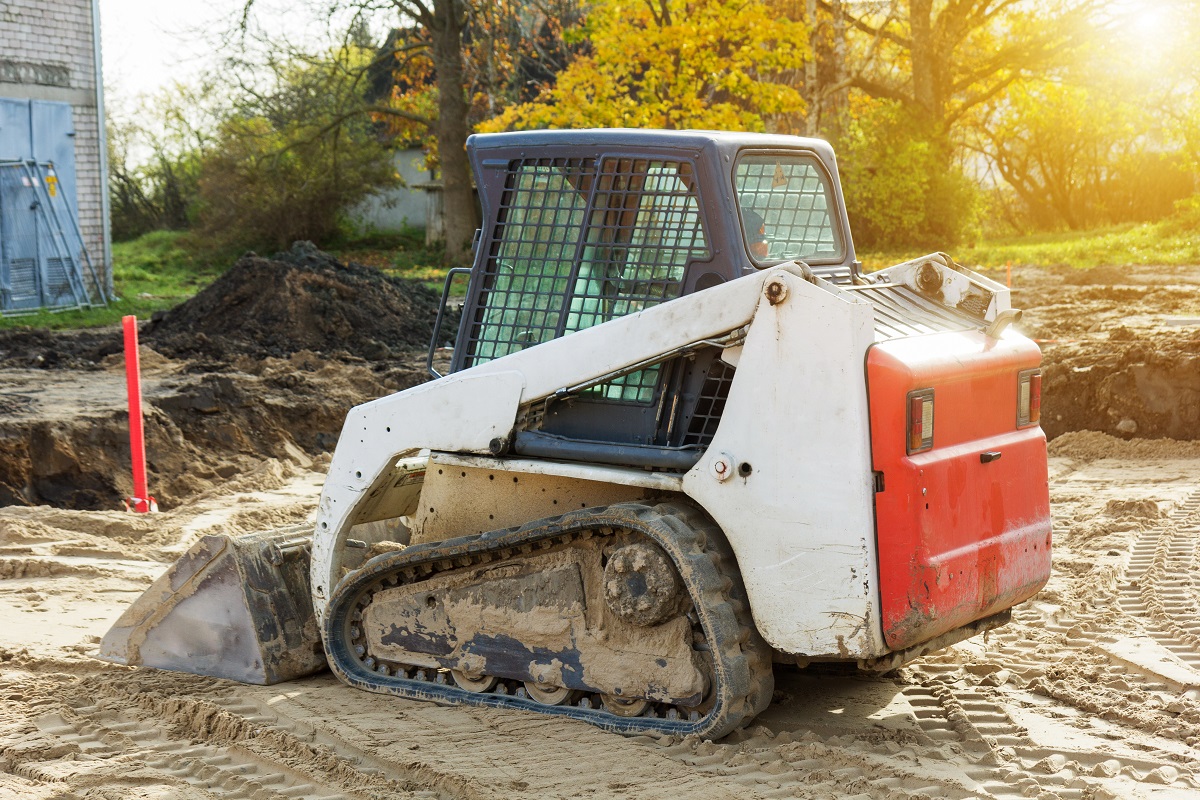Commercial vs. Residential Excavation

Many construction projects start with  excavation services in Traverse City, MI. Professional excavating companies remove soil and rock from construction sites to prepare for building. A construction project can’t continue before excavators complete their important preparations. Both commercial and residential building projects require the services of excavation experts. If you’re looking into land excavation, it pays to understand the difference between commercial and residential excavation. Here’s what you need to know about these two main forms of land excavation.
excavation services in Traverse City, MI. Professional excavating companies remove soil and rock from construction sites to prepare for building. A construction project can’t continue before excavators complete their important preparations. Both commercial and residential building projects require the services of excavation experts. If you’re looking into land excavation, it pays to understand the difference between commercial and residential excavation. Here’s what you need to know about these two main forms of land excavation.
 Excavation Site Size
Excavation Site Size
One of the primary differences between residential and commercial land excavation is the site size. As you can probably imagine, commercial sites are often much larger than residential sites. Even so, the responsibilities of the excavators stay the same, although they are scaled to match the size of the job. Every excavator needs to be extremely careful and precise in their work to ensure the building project is set up for success. This is the same, regardless of commercial or residential property. Experienced and efficient excavators are expected to make sure the soil is ready for building, whether it’s the site of a single-story home or a giant retail complex. The size may vary, but the standards don’t change. Clearing trees, rocks, and topsoil are necessary no matter what the final construction project may be.
Material Weight
Another one of the main differences between commercial and residential land excavation is the estimated weight of materials. Excavators need to understand the building plan so that they can move the soil around according to the project. Excavators essentially establish the foundation for the entire building project, and they need to do so with careful consideration given to the overall design of the building. A two-story home with 1,000 square feet and a timber frame may weigh well over 100,000 pounds, but a commercial project that’s 20 times the size would weigh far more. Steel frame construction is very common for commercial buildings, and this heavier material will mean the soil needs to be excavated accordingly. It’s all about safely preparing the site for building to commence, with a focus on the final design and how much all the materials would weigh. Excavators will carefully evaluate the plans and determine how to set the site up for the best building services. Excavators will need to pour over all the details and get a full grasp of what’s planned so that both commercial and residential building projects can proceed with minimal delays and disruptions.
 Excavation Regulations
Excavation Regulations
Something else that may be slightly different depending on the land excavation site is the required regulations. Residential builders need to fill out plenty of paperwork and confirm that their project meets all codes; however, the same goes for commercial builders with many more regulations to meet. Typically speaking, commercial building regulations are more extensive, including building materials, techniques, size, plumbing, and electrical systems. Every excavation company needs to meet these local and federal guidelines while collaborating with commercial builders. While the codes may be different for residential buildings, the same engineering, physics, and geology basics are applied. The excavator will always be in charge of prepping the soil to support the residential or commercial project that’s in the works, and MLI can assist with EGLE permitting and provide shore line stabilization or shore line erosion control for projects set near the water. Through all of this earthmoving, digging and removing, excavators have the end goal of achieving stability on a building site.
If you’re ready to hire commercial or residential land excavators, contact Martin Land Improvement, the top  excavation company in Traverse City, MI.
excavation company in Traverse City, MI.


